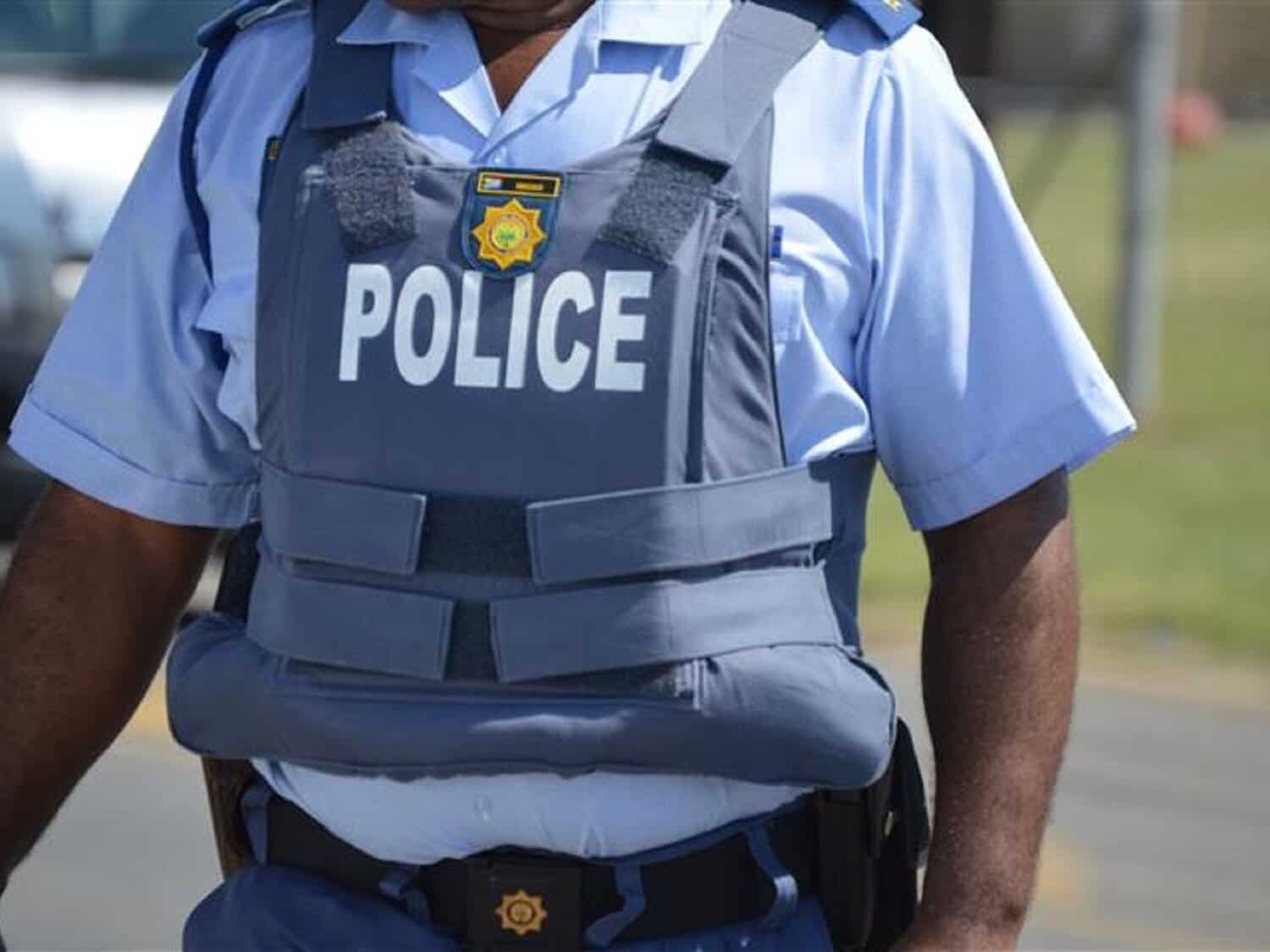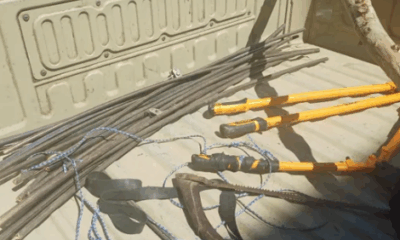News
“She Just Wanted to Get Home”: Hitchhiking Horror in Mpumalanga Raises Fresh Alarms

A ride that turned into a nightmare is reigniting national concern over the dangers of roadside hitchhiking, especially for women and girls in South Africa.
A Teen’s Trust Betrayed
It was a quiet Sunday afternoon in Lydenburg when a 16-year-old girl made a decision that too many South Africans have had to consider: she stuck out her thumb on the side of the road, hoping for a lift. From Dullstroom, she was heading to Lydenburg — a relatively short journey by car. A black VW Polo pulled over. Inside were two men. She accepted the lift.
What followed was horrifying.
As the vehicle passed Coromandel, the driver veered off the main road into a secluded area. According to police reports, the passenger covered the girl’s mouth with a chemically soaked cloth, rendering her unconscious. When she awoke, she was being raped.
The suspects fled, and as of now, they remain at large.
Crime Expert: Hitchhiking Is a Predator’s Playground
Forensic crime expert and University of Johannesburg research associate Calvin Rafadi didn’t mince words. Speaking to IOL, Rafadi described hitchhiking hotspots as “hunting grounds” for predators.
“Some criminals drive around specifically looking for hitchhikers,” he said. “They don’t just stumble on these victims — they plan this.”
Rafadi warned that even hitchhiking in groups doesn’t guarantee safety, as there are documented cases where multiple passengers were attacked or robbed in one trip. The threat, he added, isn’t gender-specific. Men are often abducted and forced to empty their bank accounts under duress.
It’s not just hitchhikers at risk — drivers can be victims too. Rafadi cautioned that those offering lifts to strangers also face danger, including carjackings and physical attacks.
Not an Isolated Case: A Pattern Across Provinces
While the Mpumalanga case has triggered renewed outrage, it’s part of a broader pattern seen across South Africa.
In Limpopo last year, a 55-year-old man was robbed at gunpoint after accepting a lift in Polokwane. Three men diverted from the agreed route, assaulted him, and left him stranded in the bush after stealing R5,400 worth of belongings.
In another disturbing case outside Seshego, two men in their twenties were similarly targeted after entering a Toyota Tazz. A gun was pulled, and they were stripped of phones, IDs, and other valuables.
These incidents aren’t confined to any one region — they’re symptomatic of a nationwide issue. The common thread? Vulnerability and desperation on the road.
The Bigger Picture: Why So Many Still Hitchhike
In a country where taxi fares are rising, public transport is unreliable, and bus routes are limited — especially in rural areas — hitchhiking remains a last resort for thousands of South Africans every day.
It’s a cultural norm in many townships and small towns. Locals often recount stories of “safe” lifts in the past, where strangers became friends on the road. But that trust is increasingly being broken by a criminal undercurrent exploiting this informal system.
Public Outrage and Police Pledge Action
Social media has erupted in anger since news of the teenage girl’s assault broke. Many users are calling for better protection for women and harsher sentences for gender-based violence.
Meanwhile, police are urging anyone with information about the suspects — the two men in the VW Polo — to come forward. Tip-offs can be made anonymously via the My SAPS App or Crime Stop at 08600 10111.
Major General Zeph Mkhwanazi, acting provincial commissioner of police in Mpumalanga, vowed that the suspects “will be hunted down and brought to book.”
Time for a National Rethink?
As stories like this pile up, many are asking: what more can be done?
Improving rural transport infrastructure, launching safety awareness campaigns, and installing CCTV at known hitchhiking hotspots are some of the suggested interventions.
But for now, experts like Rafadi have one urgent message: “Please, stop hitchhiking. No trip is worth your life.”
South Africans are known for ubuntu — for giving a hand where they can. But this generosity is being manipulated by those with violent intent. Until structural issues are addressed and justice catches up with the perpetrators, the simple act of accepting a lift could come with a devastating cost.
Let’s ensure that what happened to this young girl never happens again.
If you have any information, contact Sergeant Gabsile Mlangeni at 078 751 3463.
Your voice could help catch a predator.
{Source: IOL}
Follow Joburg ETC on Facebook, Twitter , TikTok and Instagram
For more News in Johannesburg, visit joburgetc.com



























